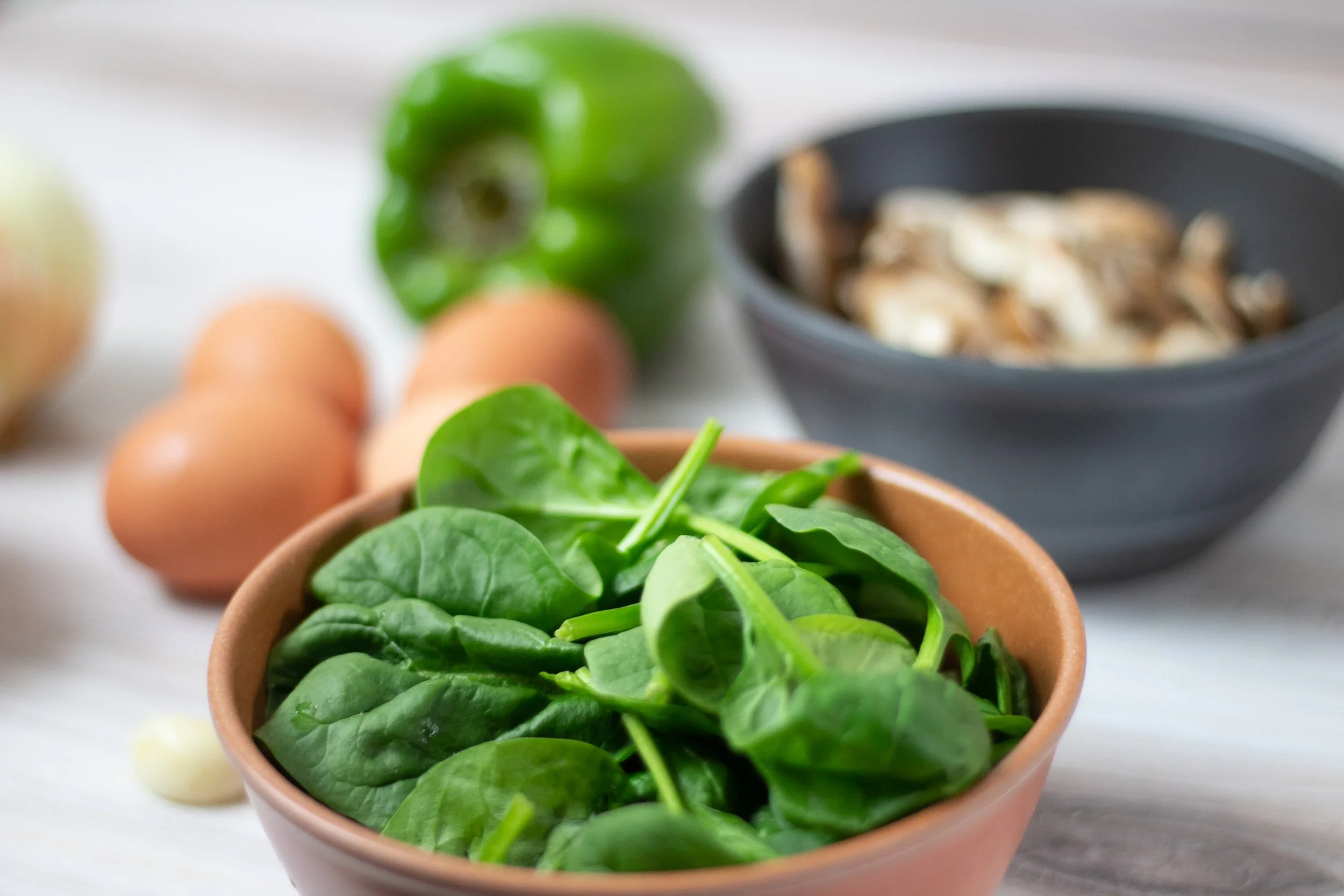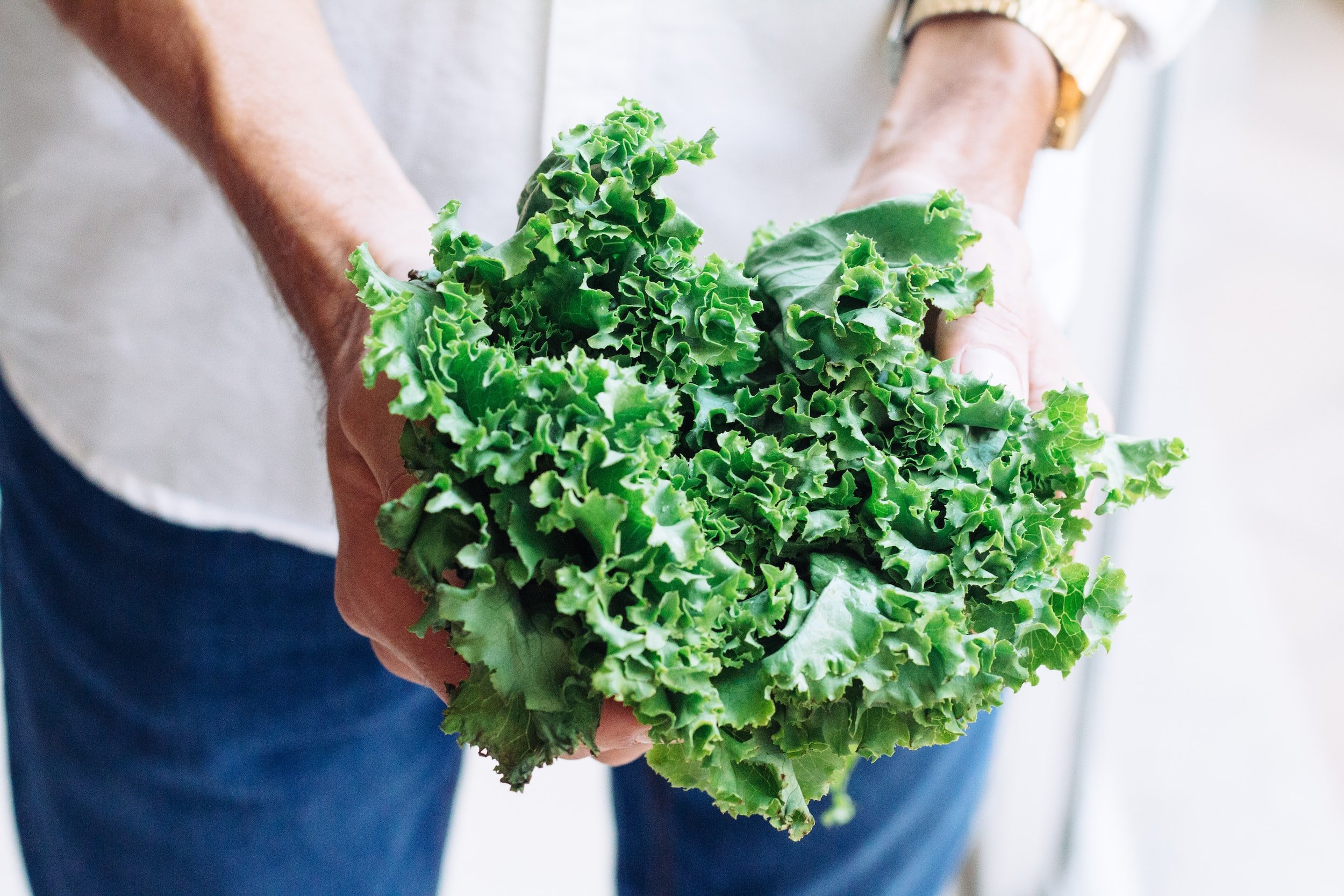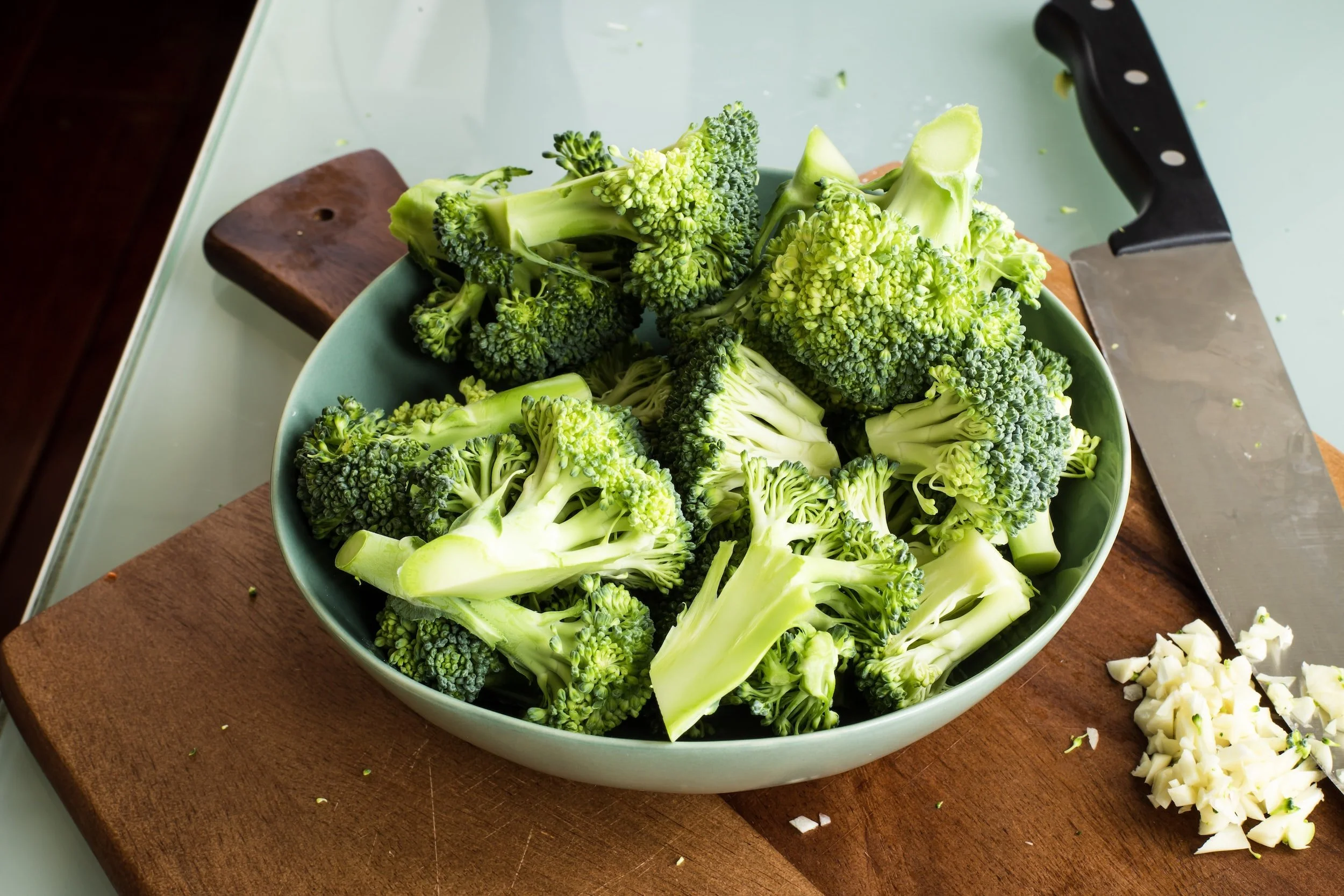10 of the Most Nutrient-Dense Vegetables and How to Sneak Them Into Your Diet
Disclaimer: As an Amazon Associate, I earn from qualifying purchases. I also get commissions from other companies for purchases made through links in this post.
Eating a vegetable-rich diet can provide numerous health benefits, such as improving digestion, reducing inflammation, and preventing chronic diseases. However, not all vegetables are created equal regarding nutrient density. In this blog post, we will explore the ten most nutrient-dense vegetables that you should consider adding to your diet.
1. Spinach
Spinach is a leafy green vegetable high in vitamins A, C, and K, as well as iron and calcium. It is an easy way to get in additional dietary fiber and antioxidants whenever you add it to salads or smoothies!
In addition, spinach has the potential to improve bone health, reduce inflammation, and lower the risk of chronic diseases such as heart disease and cancer.
2. Kale
Kale is another leafy green vegetable that is high in vitamins A and K, as well as calcium and iron. Just one cup of the veggie contains over 100% of the average person’s daily vitamin C needs, and it can also support immunity, bone health, and eye health.
3. Broccoli
Broccoli is a cruciferous vegetable high in folate, dietary fiber, and vitamins C and K. It is also a great source of antioxidants, can boost your heart health, and supports healthy hormone levels.
4. Brussels Sprouts
Another beneficial cruciferous vegetable is Brussels sprouts! While you may not have been the biggest fan as a kid, you may be more tempted to make them a regular part of your diet, considering their high vitamin C and B6 and fiber content.
5. Sweet Potatoes
You can enjoy sweet potatoes in many forms, including as fries! This root vegetable is high in vitamin A, dietary fiber, potassium, and antioxidants. In addition to being so flavorful, they have the potential to promote gut health, enhance brain function, and support reproductive health, making them a great addition to any meal of the day!
6. Carrots
Whether you enjoy them mixed into a salad, dipped in hummus, or roasted as a side, carrots are a root vegetable that provide the body with plenty of nutrients, including vitamin A, dietary fiber, and potassium. Carrots are known for promoting eye health, but they also can help balance your blood sugar levels and reduce your risk of heart disease.
7. Bell Peppers
Bell peppers are colorful vegetables high in vitamin C, dietary fiber, and antioxidants. They are also a good source of vitamin K and potassium. Bell peppers have been shown to improve immune function, reduce inflammation, and lower the risk of chronic diseases such as heart disease and cancer.
8. Cauliflower
Whether you enjoy cauliflower the classic way or disguised as wings and in pizza crust, consuming it has many benefits! Cauliflower is high in vitamins C and K, fiber, potassium, and folate. It also has the potential to reduce inflammation and promote anti-aging.
9. Asparagus
Asparagus is a spring vegetable that is high in fiber, vitamin K, riboflavin, and thiamin. It can possibly help you lower your blood pressure, boost your brain health, and support weight loss, so be sure to regularly include it as a side with dinner.
10. Beetroot
Beetroot is a root vegetable that has been shown to improve metabolism, cognitive function, and hormone levels. It is also rich in fiber, vitamin B-6, copper, and zinc.
Final Thoughts
Adding nutrient-dense vegetables to your diet can provide numerous health benefits. The ten vegetables listed above are ones that we highly recommend; try to have four or five of these always present in your kitchen!
If you are someone who isn’t the biggest fan of veggies, there are a few ways to sneak them into your diet. For example, you could use a cauliflower crust for your pizza rather than regular dough. You could also throw spinach and kale into a fruit smoothie. Try complementing a burger with some homemade sweet potato fries…there are numerous ways to make eating vegetables enjoyable!
If you are interested in a food list to complement your favorite veggies, check out our Healthy Transformation Grocery List (affiliate link).














